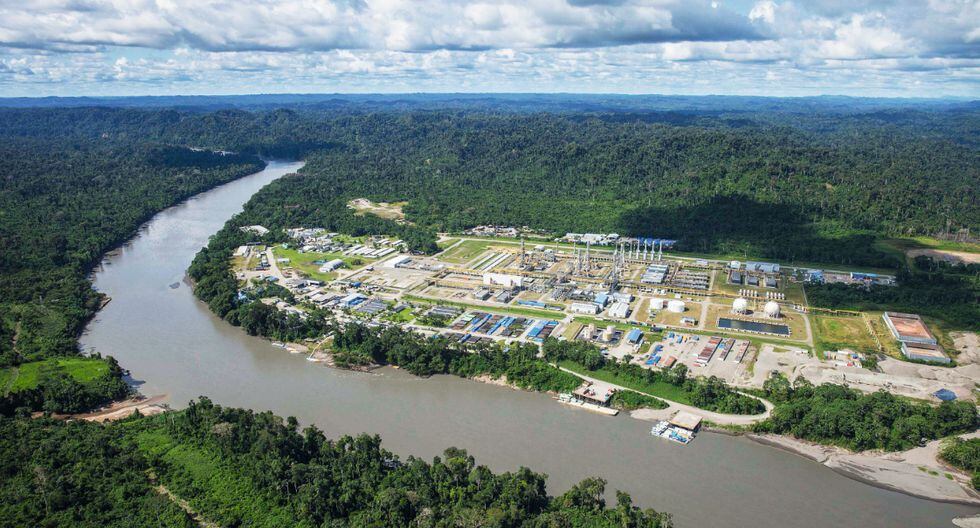Indigenous populations suffer the most from the pandemic. After an investigation in Ojo Público, so far 5 indigenous Iskonahuas and 54 infected Nahuas have been identified.
“Any contact (of the virus) with them would be fatal. It would be an ethnocide if a protection mechanism is not established for these people ”, emphasized Beatriz Huertas Castillo, anthropologist specialized in Indigenous Villages in Isolation and Initial Contact (PIACI).
The investigative media managed to contact relatives of the Isconahua family that had been reported to have been contacted. “They are two of my nephews, two uncles, and my grandmother. Fortunately, everyone is recovered from the disease”, explained the relative.

Population
There are a total of 7,000 indigenous people in voluntary isolation and initial contact who live in 20 indigenous villages, according to the Ministry of Culture. These are scattered throughout the territories of Loreto, San Martín, Amazonas, Madre de Dios, Cusco, Ucayali, and Huánuco.
According to Berlin Dikes, president of the Regional Organization Aidesep Ucayali, these populations are extremely vulnerable to the pandemic due to their immune system that could not be prepared to support a virus with a high contagion capacity.
Clash of interests: Environment vs. electricity
For the Ministry of Culture, the populations Isconahua, Murunahua, and Mashco Piro, among others, are considered in the reserved category. According to Law 28736, territorial reserves are land delimited by the Peruvian State, of transitory intangibility, allowing indigenous villages to maintain and grant their rights, habitat, and living conditions. However, the mentioned norm does not contemplate the eventual exploitation of hydrocarbon resources in the area. If this is the case, the law will proceed if the natural resource is beneficial to the public interest.
On the contrary, Felipe Cantuarias, president of the Peruvian Hydrocarbons Society, contemplates the other side of the coin and points out that it could not be viable because it would be economically damaging.
«If this rule is approved, which implies absolute intangibility, one of the companies that would stop operating would be Camisea, which would mean stopping the production of natural gas, which today constitutes 50% of electricity generation«, he warned.

It is not retroactive
The Ministry of Culture assures that if the law is modified, it would have no effect on the concessions already made. «We consider it important to highlight the provisions of the Seventh Complementary and Final Provision of the Opinion that establishes that the approval of strict intangibility does not have a retroactive effect. In other words, the rights held in any of the five reserves already established before the approval of this proposal to modify the PIACI Law, which includes the Camisea Gas project, are not lost”, they confirmed to Ojo Público.
The mentioned norm puts in check two important basic axes in Peru, such as the hydrocarbon sector, and as the continuity and well-being of these original populations.